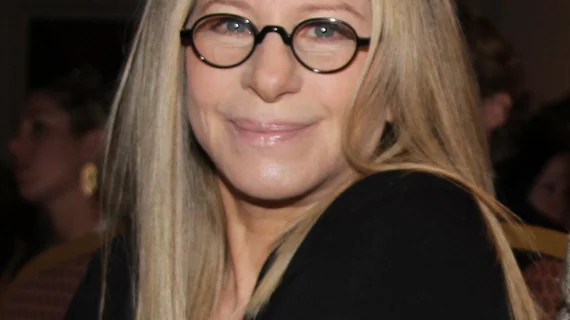Barbra Streisand speaks on heart disease research inequalities
In an opinion piece for USA Today, musician and actress Barbra Streisand noted inequalities for women in heart disease research and treatment—resulting in more deaths from cardiovascular disease (CVD).
Streisand, founder of the Barbra Streisand Women’s Heart Center at Cedars-Sinai in Los Angeles and co-founder of the Women’s Heart Alliance, hopes Washington lawmakers will allocate funding and pursue policy change to combat the inequality and save lives.
“The passion for equity that I have carried throughout my life extends into the world of science and discovery, particularly when it comes to the inequitable research funding and treatment of cardiovascular disease in women,” Streisand wrote. “Just as women have been undervalued in Hollywood, we aren’t adequately represented in the lab, or in research, when it comes to heart health. Today in America, women are being sent to early graves because our country has failed to combat a disease that kills more of us annually than all forms of cancer combined.”
Streisand noted some progress in the fight for CVD research-related equality. She outlined results from a recent FDA study, which noted women are equally or overrepresented in certain types of clinical trials.
To read Streisand’s article in USA Today, click the link below.

